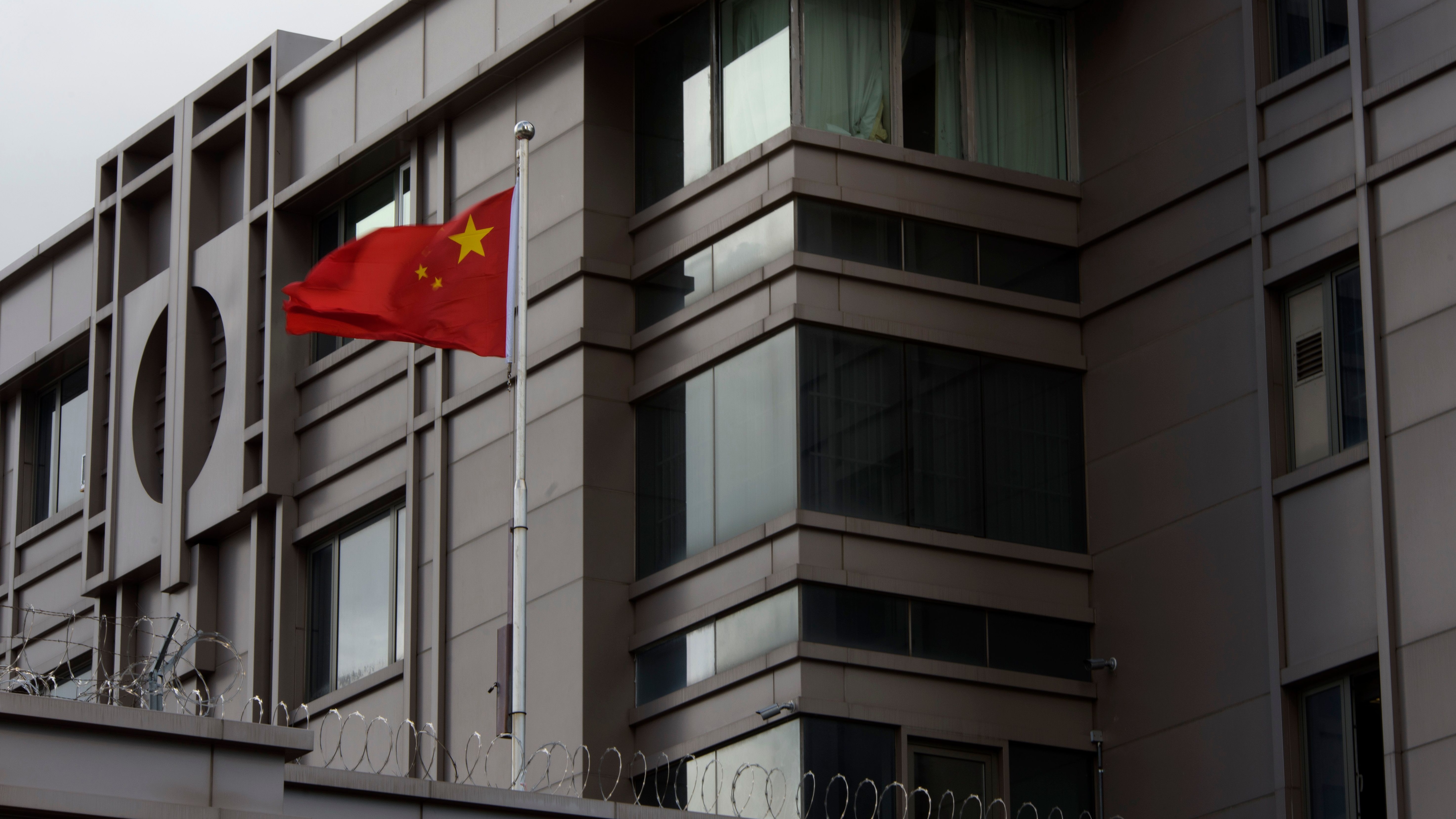Chinese consulate closed by Trump ‘was hotbed of spying’
Former CIA station chief says the move marks the beginning of a 21st-century cold war

A free daily email with the biggest news stories of the day – and the best features from TheWeek.com
You are now subscribed
Your newsletter sign-up was successful
A Chinese consulate in Texas, which Donald Trump ordered to be shut down yesterday, was a “hotbed” of foreign espionage, according to US officials.
The decision to close the Houston office was made “without warning, and without explanation”, the Daily Mail reports. It became public hours after officials were spotted burning paperwork in the building’s courtyard.
Firefighters and police rushed to the scene, but were allegedly blocked from accessing the compound as staff continued to destroy documents and information.
The Week
Escape your echo chamber. Get the facts behind the news, plus analysis from multiple perspectives.

Sign up for The Week's Free Newsletters
From our morning news briefing to a weekly Good News Newsletter, get the best of The Week delivered directly to your inbox.
From our morning news briefing to a weekly Good News Newsletter, get the best of The Week delivered directly to your inbox.
It is unclear whether a single incident provoked the closure. The consulate has a history of engaging in “subversive behaviour”, a State Department policy analyst told The New York Times.
Describing it as the “epicentre of research theft in the United States”, David R. Stilwell said diplomats connected to the consulate, including the senior Chinese official stationed there, had used false identification to escort Chinese citizens through American airports.
The US State Department said China has “engaged for years in massive illegal spying and influence operations throughout the United States against US government officials and American citizens”, the Financial Times reports.
Daniel Hoffman, a former CIA station chief, said the espionage and closure were “the bellwethers of a 21st-century cold war”.
A free daily email with the biggest news stories of the day – and the best features from TheWeek.com
The Chinese Embassy in Washington rejected the US accusations as “groundless fabrications”.
Wang Wenbin, a Chinese foreign ministry spokesman, urged the US to reverse a decision which he said “seriously violates international law and basic norms of international relations”.
“Infiltration and interference is never in the genes and tradition of China’s foreign policy,” he added.